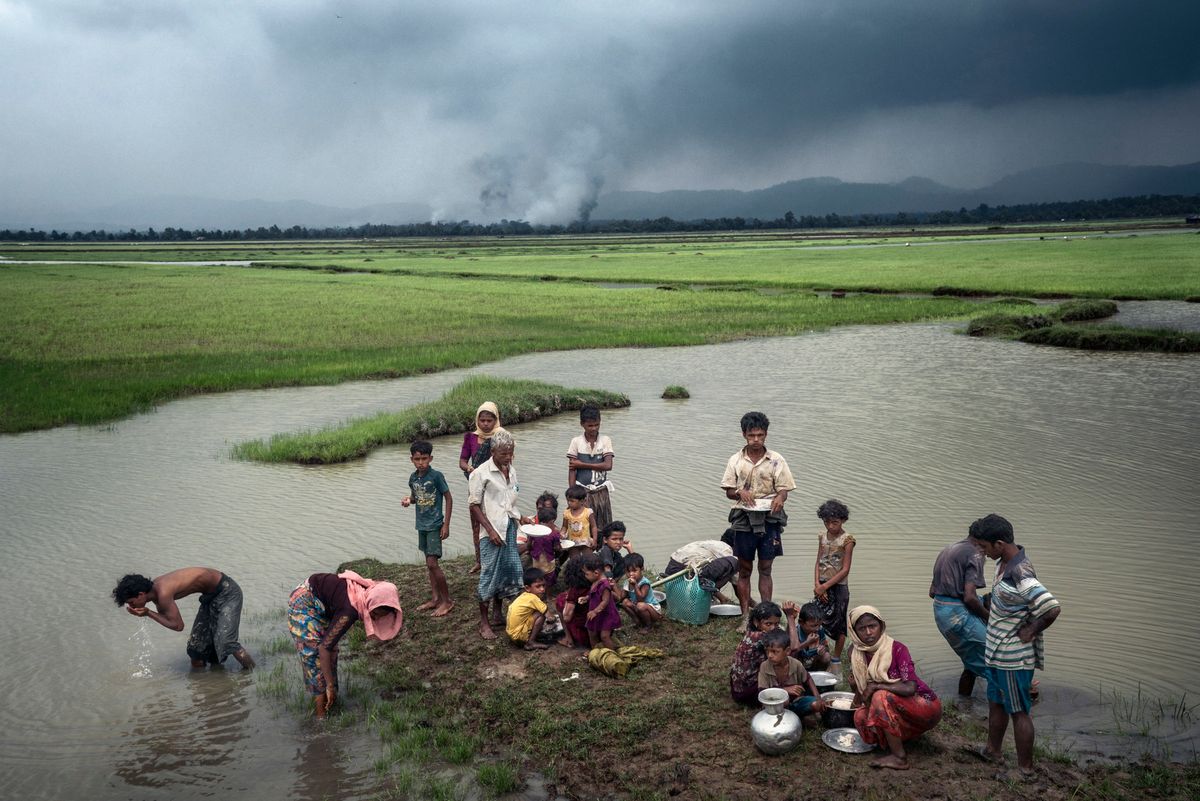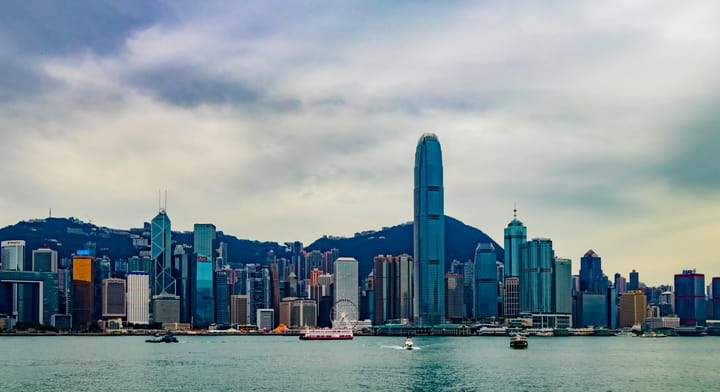Violence in Myanmar days after ICJ ruling to protect Rohingya

A few minutes every morning is all you need.
Stay up to date on the world's Headlines and Human Stories. It's fun, it's factual, it's fluff-free.
At least two people were killed and seven others injured after troops in Myanmar opened fire on civilians in a Rohingya village in Buthidaung, Rakhine State. Among the victims were two women, one of whom was pregnant.
Rakhine State, situated in the far southwest of the country, has been at the center of a bloody campaign waged by the Myanmar military against the area’s Rohingya population.
Although the army insists it is only trying to fight extremists, international observers insist that the ongoing violence against Rohingya civilians constitutes grave human rights abuses. The United Nations (UN) has characterized the violence as “a textbook case of ethnic cleansing.”
After a military crackdown in 2017, some 730,000 Rohingya fled across the border to Bangladesh where they now live in poor conditions in refugee camps.
Following the exodus, a UN-backed independent panel stated that “the evidence that infers genocidal intent on the part of the State [Myanmar]…has strengthened.”
ICJ ruling
On Thursday, January 23rd, the International Court of Justice (ICJ) at the Hague decided unanimously that the Myanmar government must take action to protect the Rohingya minority.
Specifically, the ICJ said that the country must “take all measures within its power” to prevent genocidal actions against the Rohingya who face “real and imminent risk.”
While advocates of justice for the Rohingya applauded the ruling as a step in the right direction, Myanmar denies that it ever intended to uproot the minority group from its soil.
Myanmar’s de-facto leader, Aung San Suu Kyi, spoke at the ICJ hearing. Suu Kyi, who won the Nobel Peace Prize in 1991 for her role in championing Myanmar’s fight for democracy, insisted that the Myanmar army was fighting insurgents bent on forming an independent state.
She also said Myanmar is committed to improving the lives for all communities in Rakhine.
“Mr. President, how can there be an ongoing genocide or genocidal intent when these concrete steps are being taken in Rakhine?” she asked.
If any war crimes were committed, they should be prosecuted within Myanmar’s justice system, not internationally, she argued in an op-ed earlier this month.
Looking forward
In November 2019, The Gambia, a nation in West Africa, brought charges of genocide to the ICJ against Myanmar for its actions against the Rohingya.
The Gambia argues that Myanmar has violated the 1948 Genocide Convention, a UN treaty meant to give an international legal framework to charges of genocide, of which Myanmar is a signatory.
As part of the ICJ’s ruling, Myanmar is obliged to provide an update on the situation to the court within four months, and every six months thereafter until a final ruling is determined on the case.
Although a final decision on the question of genocide in Myanmar has not yet been made, the ICJ’s provisional measures are legally biding.




Comments ()